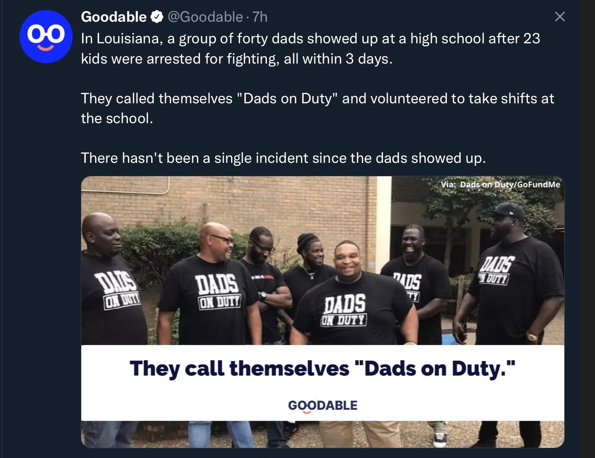Extra Credit is a weekly column serving up a fresh helping of news, updates and resources from the education world. Want more? Sign up now for SmartBrief’s free education newsletters.

Bridging the Black divide in higher education. Ingrained habits, unconscious bias and outright bigotry no doubt play a role in keeping our college population demographics from mirroring the nation’s. But the legal changes in the mid-20th century didn’t magically make everything equal and less arduous for nonwhites. “Equity doesn’t just happen,” asserts Adzua Agyapon of the KIPP Foundation, a nonprofit network of college-preparatory public charter schools. In fact, Agyapon says, affirmative action is a bare minimum. Micah Ali, the 2021-22 chair of the CUBE Steering Committee and president emeritus of California’s Compton Unified School District Board of Trustees, makes a bold argument for providing reparations through education with revised funding formulas, direct pathways to higher education and facilities investments, for example. It’s no secret that by failing to make better strides, we are limiting success, as evidenced by a report that segregated college majors tend to result in segregated careers. Some people and corporations are making a dent, but this needs to be all hands on deck.
Complaining loudly, quitting quietly? A quartet of Education Week articles about the trials of teaching were joined by a fifth on the “quiet quitting,” which many people say is doing just the bare minimum in a job. Other, similar articles quickly filled my queue. So, what’s not to love about teaching? There’s no shortage of articles about staffing shortages and a flurry of unqualified teachers. US teachers are working more hours than their peers around the globe. Embracing tech as a teacher isn’t as easy as it sounds. Many teachers are stuck with weak curriculum that isn’t helping students succeed. School shootings have hit a record level. Some articles suggest solutions to the morale problem and the shortages (including one about community college training).
Update on special ed suspensions. News earlier this week noted that some students with disabilities are being suspended off the books when they become hard to handle. Rather quickly, US Sens. Dick Durbin and Tammy Duckworth asked for a formal definition of the practice for regulations and requested it be labeled as prohibited and discriminatory. Tangentially, Fairfax County, Va., Public Schools (which was not mentioned in the above article) is mapping out a strategy after discovering their special ed students have been suspended at a higher rate than students without disabilities.
Dear Me, What’s the point? Yours truly, Me. A summary of this article made it into one of our newsletters, but I really want a larger audience to read this. Heartbroken by her high-school students’ trauma and stress connected to COVID-19, its deaths and the myriad ripple effects, science teacher Veronica Wylie asked them to write three letters: one to her, one to themselves on the first day of school and one to a student to read next year. The exercise led to better understanding, stronger relationships and much-needed emotional support. Wylie shares what some students had to say and the lessons she — and they — have learned.
Additional interesting education news
This week I found a slew of pieces where a headline (except for you, Florida) says it all.
- Will Fla. rule to collect menstrual history of female athletes have abortion reverberations? (Fortune)
- Will building student character eradicate bullies? (K12 Dive)
- Study on higher ed pandemic lessons calls for more studies. (Hechinger Report)
- Is education scared of what its data will show? Then where is it? (The Hill)
- IDEA doesn’t just need money; its rules need tweaking. (Brookings Institution)
- Many now say a college degree isn’t all that. (Forbes)
- The high cost of student loan forgiveness. (CNBC)
- Let’s give students in juvenile detention a better education. (EdSource)
- How Russians are handling ban on sex education. (Pulitzer Center)
An educational social media screengrab

Diane Benson Harrington is an education writer at SmartBrief. Reach out to her via email, Twitter or LinkedIn.
Opinions expressed by SmartBrief contributors are their own.
_________________________
Subscribe to SmartBrief’s FREE email ASCD newsletter to see the latest hot topics in education. It’s among SmartBrief’s more than 250 industry-focused newsletters.
